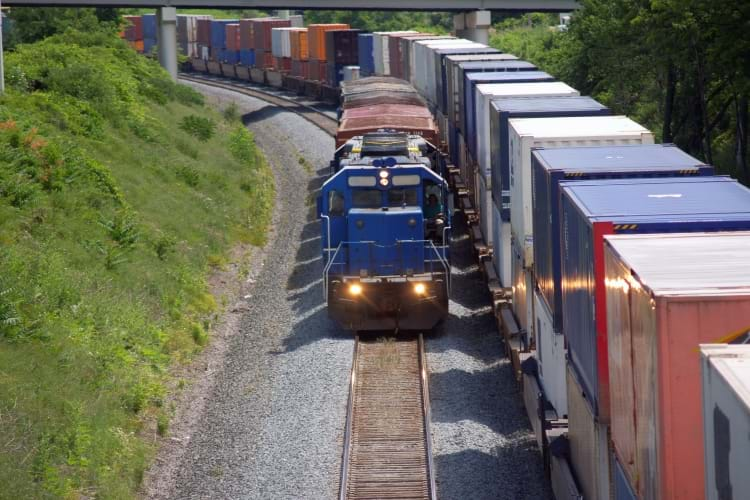Rail/Intermodal
Carload volumes bounced back in the latest week after a dip two weeks ago to the levels they were holding two weeks ago and have held for much of the last month. The quick bounce back suggests a stability in volume that provides a safety net against the volatility that has permeated through the individual carload sectors in recent years.
Stability is not a good thing for all sectors of the carload business, however. Grain volumes have leveled off in the latest week, indicating a seasonally normal harvest, but not a bumper crop so far as rail loadings hold at their five-year average levels.
Pulp and paper also are holding at the low levels set two weeks ago which are the lowest set in 2023. It is unlikely that pulp and paper volumes will bounce back strongly in the next few weeks.
Intermodal traffic moved up sequentially in the latest week, moving higher than its post-Labor Day peak season bump and indicating a bit of further strength. The intermodal traffic surge is likely to be short-lived, however, as volumes typically start to decline just before the Thanksgiving holiday.
Intermodal volumes likely will struggle until after the Lunar New Year once they begin to decline in the coming weeks. While the recent volume is strong relative to where volumes have been this year, they also are roughly in line with 2022 results that were less than stellar in a historical context.
Reciprocal Switching
Comments are coming due in the next two weeks in the Surface Transportation Board’s closely watched reciprocal switching proceeding. The board agreed to extend the comment deadline to November 7 in response to an extension request filed by the Association of American Railroads, but this will still keep railroads and shippers under a tight time frame for analyzing the board’s proposed rule that is significantly different from what shippers proposed in 2011 and what the board contemplated in 2016.
Replies will be due December 6, and board chairman Martin Oberman told the NITL Engage conference earlier this month that the board will act quickly once the comment period ends. The reciprocal switching proposal would allow some shippers close to carrier terminal areas to access another carrier if they could show that their serving carrier is not providing adequate service. The board is seeking comments on virtually all aspects of its proposal, making it hard to know exactly what the final rule will look like when issued.

